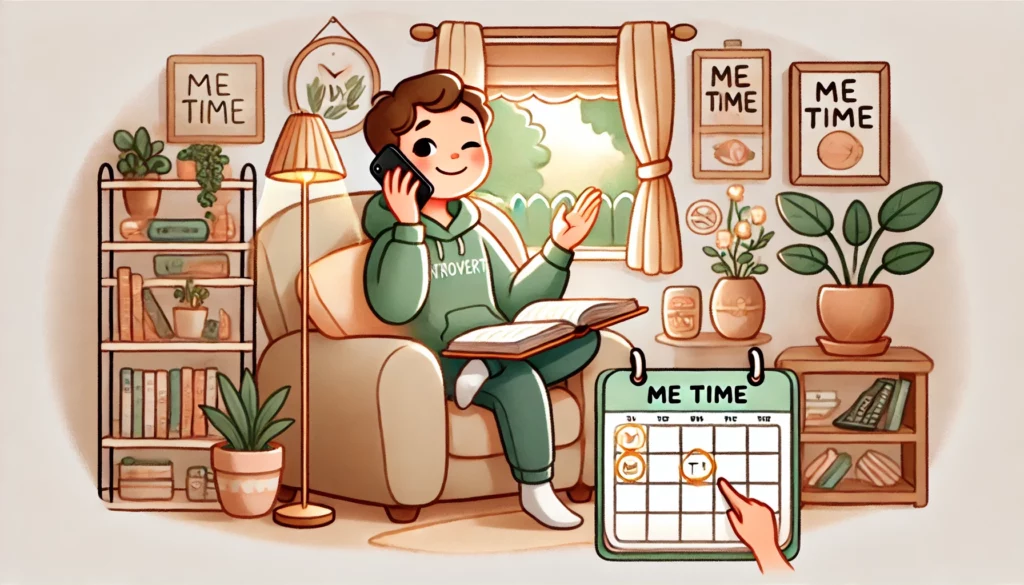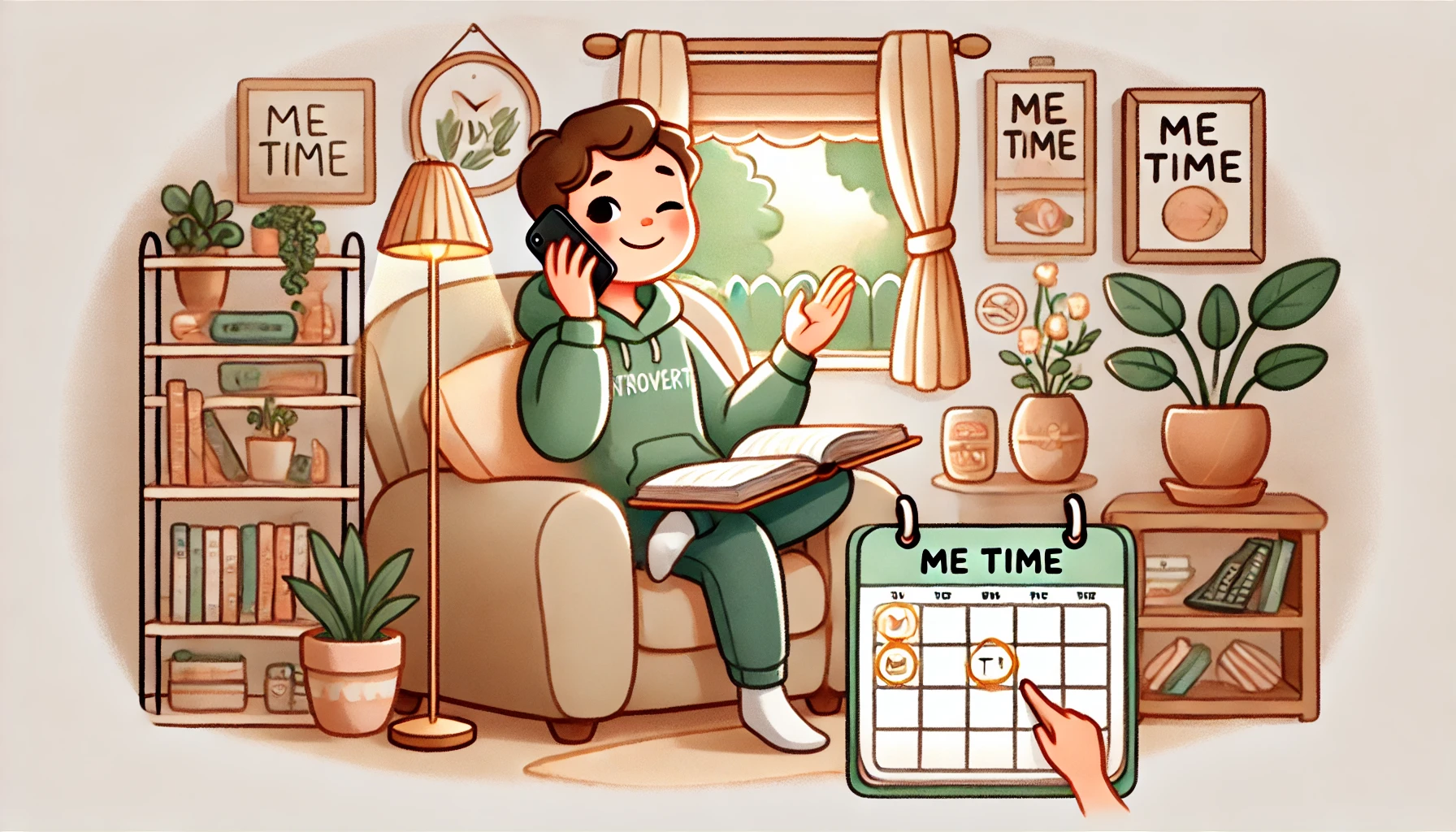Introvert’s Corner: Boundary Setting Basics
Welcome to another edition of Introvert’s Corner, where I provide insights and tips tailored for introverts to navigate social situations with confidence and ease. This week, we’re diving into the essential skill of boundary setting, specifically how to politely decline social invitations or limit commitments without feeling guilty. Setting boundaries is crucial for maintaining your well-being and ensuring that you have the energy to focus on what truly matters to you.

Why Setting Boundaries Matters
For introverts, social interactions can often be draining, making it essential to manage your time and energy wisely. Setting clear boundaries offers several benefits:
- Protects Your Energy: Ensures you have enough time for self-care and activities that recharge you.
- Reduces Stress: Minimizes the anxiety and overwhelm that can come from overcommitting.
- Enhances Relationships: Clear boundaries help maintain healthy relationships by setting expectations and preventing resentment.
Practical Tips for Setting Boundaries
Be Honest and Direct
- Communicate Clearly: When declining an invitation, be honest and direct. You don’t need to provide elaborate excuses. A simple, “Thank you for inviting me, but I have other plans,” is sufficient.
- Be Polite but Firm: It’s important to be polite while also being firm in your decision. For example, “I appreciate the offer, but I need some downtime this weekend.”
Use “I” Statements
- Express Your Needs: Use “I” statements to express your needs and preferences. For example, “I need some quiet time to recharge,” or “I’m focusing on my personal projects this month.”
- Avoid Blame: Ensure your statements don’t blame or criticize others. This keeps the conversation positive and respectful.
Offer Alternatives
- Suggest Another Time: If you’re interested in maintaining the relationship but can’t commit to the current invitation, suggest another time. For example, “I can’t make it this weekend, but how about next week?”
- Propose Different Activities: If certain activities drain you, propose alternatives that you’re more comfortable with. For example, “Large gatherings are a bit overwhelming for me. Would you like to catch up over coffee instead?”
Practice Saying No
- Rehearse Your Responses: Practice saying no in a calm and polite manner. This can make it easier to decline invitations in real situations.
- Use Templates: Have a few go-to responses ready. For example, “Thank you for thinking of me, but I’m going to pass this time.”
Prioritize Self-Care
- Know Your Limits: Be aware of your social and emotional limits and prioritize activities that support your well-being.
- Schedule Downtime: Make sure to schedule regular downtime for yourself to recharge and avoid burnout.
Applying These Tips in Social Situations
In various social settings, these strategies can help you set boundaries confidently and respectfully:
- Family Gatherings: Let family members know your limits in advance. For example, “I’ll join for dinner, but I need to leave by 8 PM.”
- Work Events: Politely decline work events that aren’t mandatory. For example, “I have a personal commitment that evening, but I’ll catch up on the updates later.”
- Friend Meetups: Be honest with friends about your need for alone time. For example, “I’d love to hang out, but I need some quiet time to recharge. Can we plan something for next week?”
The Importance of Boundaries for Introverts
Setting boundaries is not about isolating yourself but about protecting your energy and well-being. It allows you to participate in social interactions that you enjoy and can handle without feeling overwhelmed. By clearly communicating your needs and limitations, you can maintain healthy relationships and ensure you have the time and energy for activities that bring you joy and fulfillment.
Remember, it’s perfectly okay to prioritize your own needs. Setting boundaries is a form of self-respect and an essential part of maintaining your mental and emotional health. With practice, you’ll find that setting boundaries can significantly enhance your social and personal life, making interactions more manageable and enjoyable.
